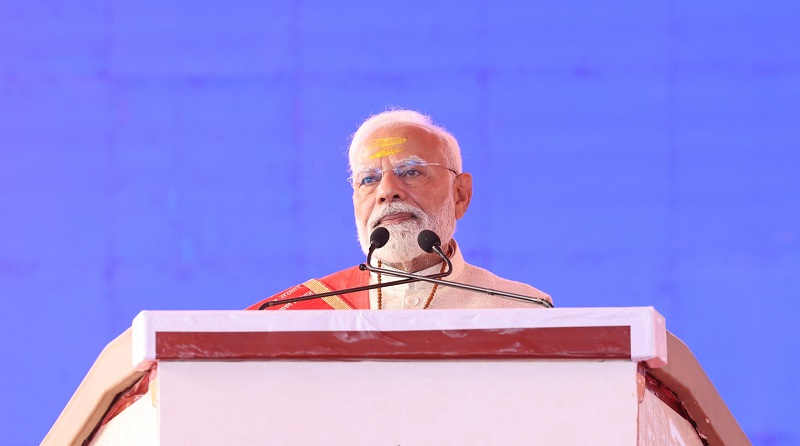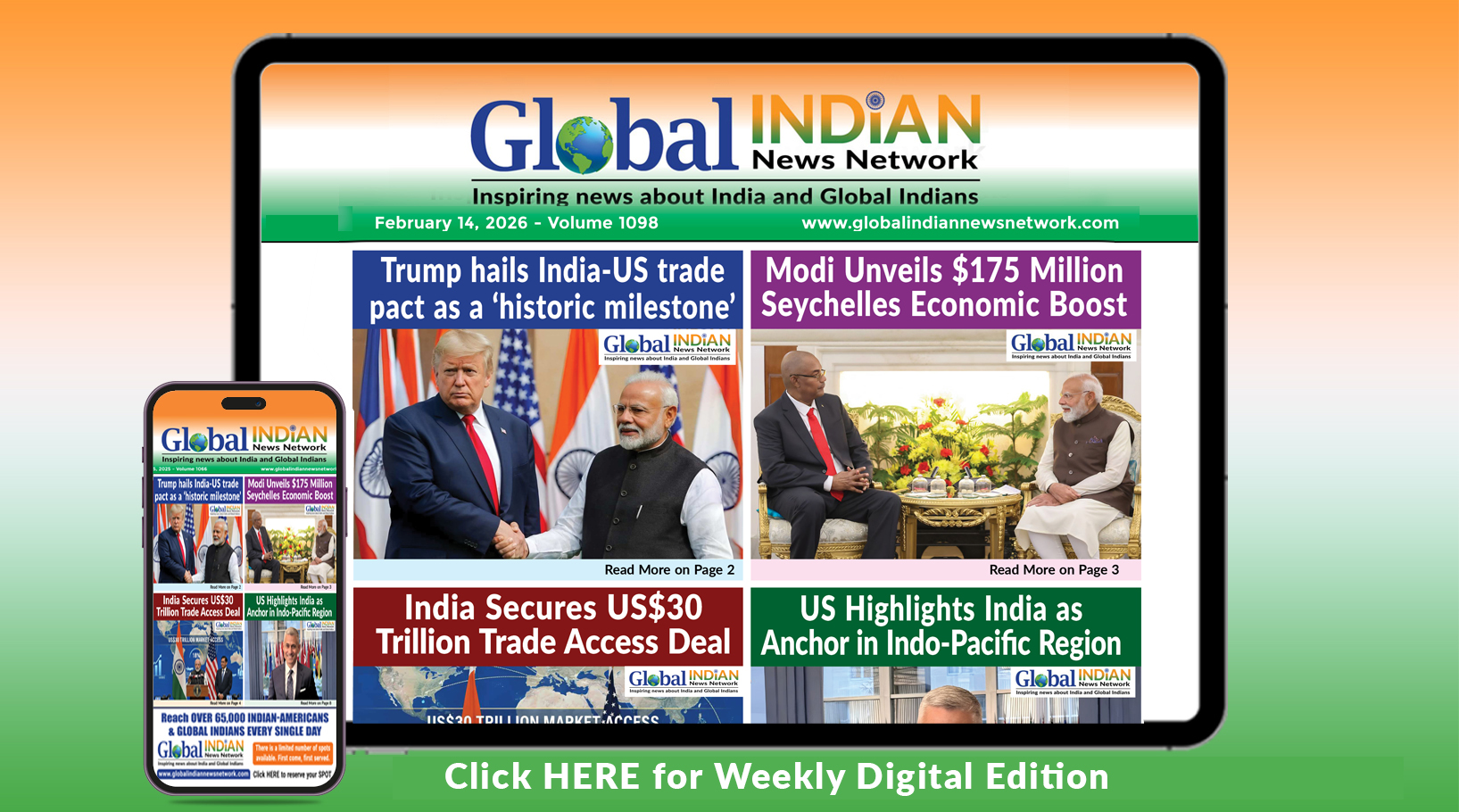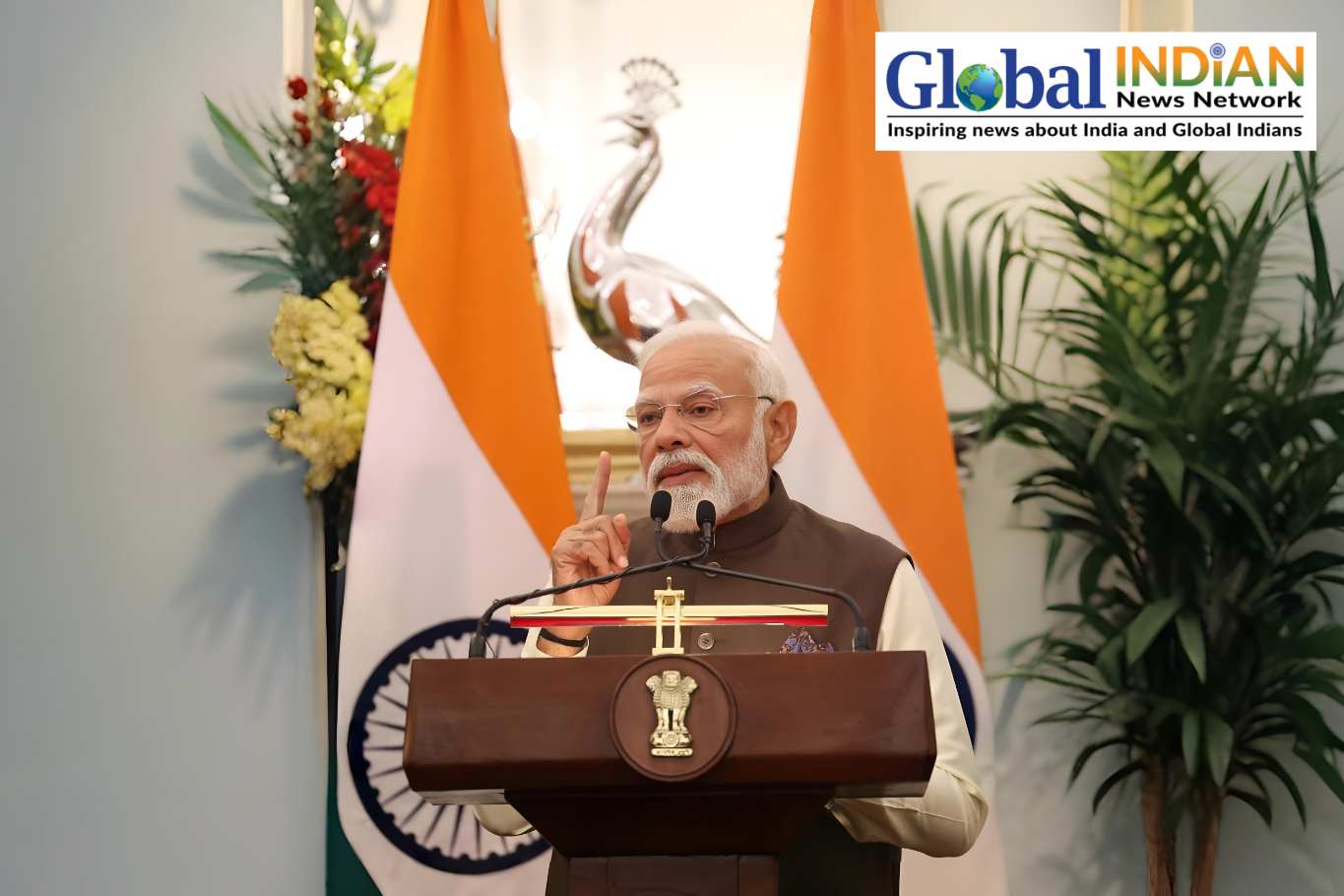
During the 119th episode of Mann Ki Baat, Prime Minister Narendra Modi applauded ISRO for reaching a remarkable milestone with its 100th rocket launch. On January 29, the GSLV-F15 rocket successfully carried the NVS-02 navigation satellite into orbit, marking a significant achievement in India’s space journey. Modi likened the moment to a cricket century, emphasizing that it was not just a number but a testament to the nation’s unwavering commitment to space exploration.
Reflecting on India’s progress in space, the Prime Minister highlighted key missions such as Chandrayaan, Mangalyaan, Aditya L1, and the historic feat of deploying 104 satellites in a single launch. Over the past decade, India has launched approximately 460 satellites, including many for international clients. Modi also acknowledged the growing presence of women in the space sector, expressing pride in their increasing contributions. He encouraged young minds to consider space science as an exciting career path, given its rapid advancements and thrilling opportunities.
Speaking about National Science Day 2025, which falls on February 28, Modi urged citizens to spend “One Day as a Scientist.” He encouraged visits to research centers, planetariums, or space facilities to spark curiosity about science and innovation.
Additionally, he touched on India’s progress in artificial intelligence, recalling his participation in an AI summit in Paris where global leaders praised the country’s technological strides. Modi also highlighted the efforts of Telangana-based teacher Thodasam Kailash, who is using AI-driven digital music to help preserve tribal languages like Kolami. His work is gaining popularity among tribal communities, showcasing India’s ability to embrace and innovate with new technologies.
Through these discussions, the Prime Minister reinforced the importance of scientific curiosity, technological advancements, and inclusivity in shaping India’s future.









